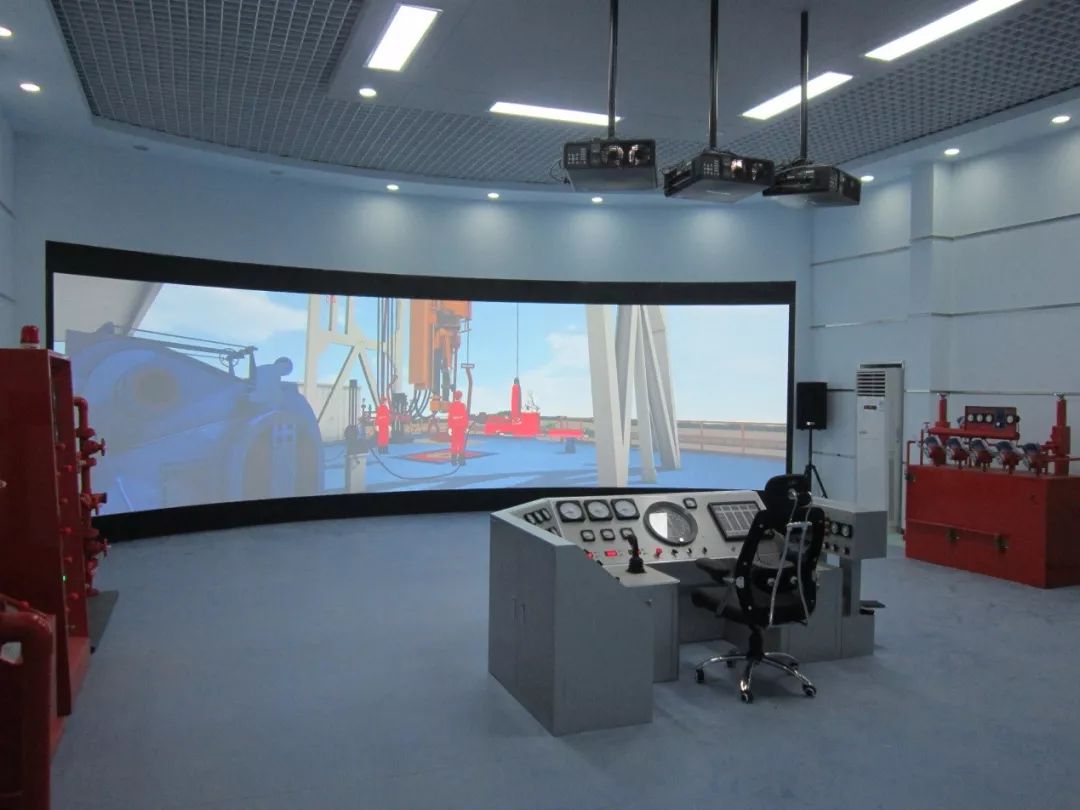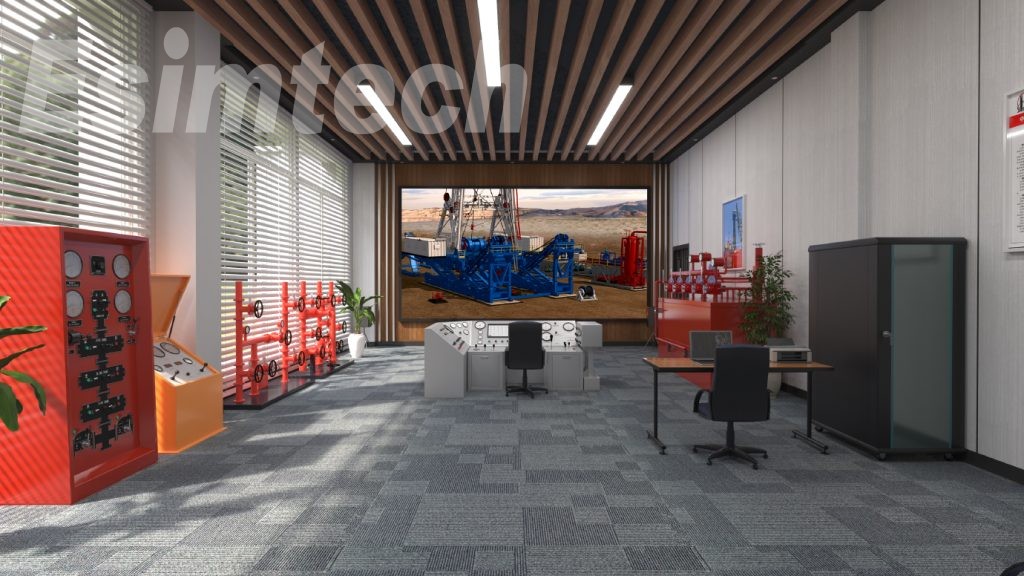Artificial intelligence (AI) has become a game-changer in the oil and gas industry, revolutionizing exploration, production, and operational efficiencies. AI encompasses a range of technologies such as machine learning, deep learning, and neural networks, among others. Within this context, oil and gas simulators, computer programs capable of modeling complex systems within the industry, have emerged as a vital tool. Leveraging AI in these simulators enhances accuracy, efficiency, and effectiveness, leading to better decision-making. In this article, we will delve into the applications and advantages of AI in the oil and gas simulators.

Understanding Oil and Gas Simulators
Oil and gas simulators are computer programs designed to replicate intricate systems within the industry. They simulate the behavior of reservoirs, drilling operations, production facilities, and transportation systems. Their purpose is to optimize production, reduce costs, and enhance safety.
These simulators utilize mathematical models to replicate the physical and chemical properties of the system being simulated. For instance, a reservoir simulator may employ a mathematical model to simulate fluid flow through the reservoir, accounting for its geology, fluid properties, and production history.
By generating data, simulators provide valuable insights for decision-making. For instance, a reservoir simulator can predict the production of a well over time, enabling operators to make informed decisions regarding production optimization.
The Benefits of Artificial Intelligence in Oil and Gas Simulators
AI contributes to the improvement of accuracy, efficiency, and effectiveness in oil and gas simulators. The advantages of employing AI in this context include:
Enhanced Accuracy: AI reduces uncertainties and errors in modeling by leveraging machine learning algorithms that learn from historical data, thereby enhancing the accuracy of predictions.
Reduced Computational Time: Simulators can be computationally intensive, resulting in lengthy simulation times. AI optimizes the simulation process, improving efficiency and reducing computational time.
Improved Decision-Making: AI enables real-time recommendations based on simulation results. For example, a production optimization simulator can utilize AI to suggest the most efficient production optimization approach based on current production data.
Enhanced Safety: AI identifies potential hazards within oil and gas simulators and provides real-time recommendations to prevent accidents, thereby improving safety.
Applications of Artificial Intelligence in Oil and Gas Simulators
Artificial intelligence finds various applications in oil and gas simulators, including:
Reservoir Modeling and Simulation: AI improves the accuracy and efficiency of reservoir modeling and simulation. Machine learning algorithms learn from historical data, refining predictions and enhancing the simulator's performance.
Production Optimization: AI aids production optimization simulators by suggesting the most efficient methods for production optimization based on real-time production data.
Drilling Optimization: AI optimizes drilling operations in drilling optimization simulators, reducing drilling time and improving efficiency.
Pipeline and Transportation Optimization: AI optimizes transportation routes and reduces transportation costs within pipeline and transportation optimization simulators.

Conclusion
Artificial intelligence is a transformative force in the oil and gas industry, driving advancements in exploration, production, and operational efficiencies. AI integration in oil and gas simulators improves accuracy, efficiency, and effectiveness. These advancements translate into enhanced decision-making, reduced computational time, and improved safety. AI applications within simulators encompass reservoir modeling and simulation, production optimization, drilling optimization, and pipeline and transportation optimization. As the industry continues to evolve, AI will increasingly play a crucial role in enhancing efficiency, reducing costs, and improving safety. The future of oil and gas simulators shines bright as AI transforms the industry and fosters innovation. With the power of AI, oil and gas companies can make better decisions, increase efficiency, and reduce costs, leading to more successful and sustainable operations.